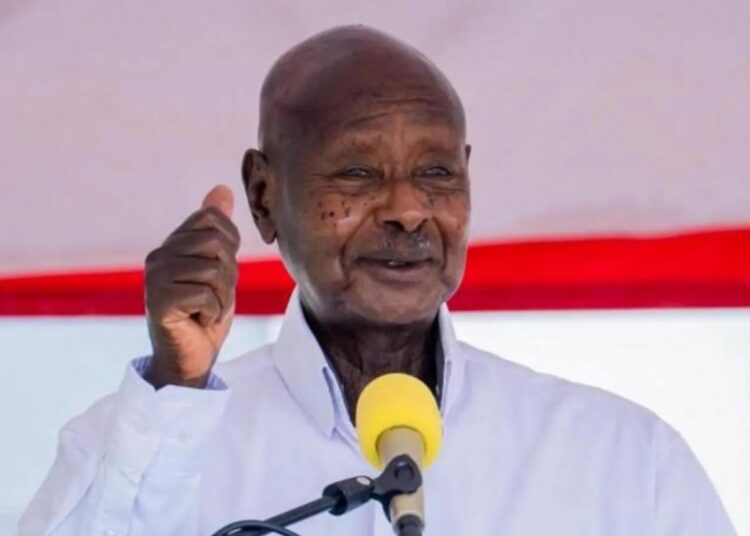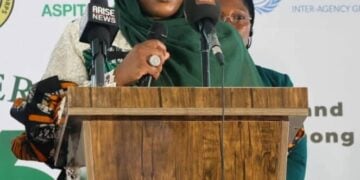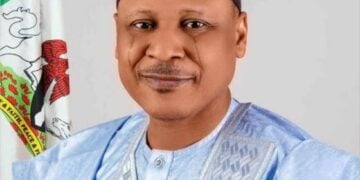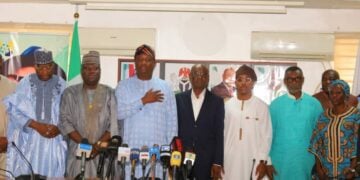Uganda’s 80-year-old president, Yoweri Museveni, has been officially endorsed as the ruling National Resistance Movement (NRM) candidate for the 2026 presidential election, setting the stage for a possible extension of his nearly 40-year grip on power.
Museveni, who first took power in 1986 after leading a successful armed rebellion, accepted the party’s nomination at the NRM national conference held on Saturday.
In a defiant and ambitious speech, the Ugandan leader reaffirmed his mission to transform Uganda into a “high upper middle income country,” citing past achievements and future plans.
“I have responded to the call,” Museveni declared. “It is crucial that Uganda does not miss the bus of history as happened in the past when Europe transformed and Africa stagnated and was enslaved.
“Other countries in Asia with less natural resources did it. We can do it,” he added, positioning his continued rule as key to Uganda’s socioeconomic leap forward.
Despite his pledges of progress, Museveni’s presidency has drawn sharp criticism for what rights groups and opposition figures described as increasingly autocratic rule.
The constitution had been amended twice, once to remove presidential term limits in 2005, and again in 2017 to scrap the age limit, previously set at 75, effectively allowing Museveni to rule indefinitely.
His chief political rival in the upcoming election is expected to be pop star-turned-politician Bobi Wine, whose real name is Robert Kyagulanyi.
Speaking to the BBC in April, Wine said he would run if nominated by his National Unity Platform (NUP) party, but admitted that mounting state repression was making it harder to operate in opposition.
“Being in the opposition in Uganda means being labelled a terrorist,” Wine said, highlighting the harassment and intimidation many opposition members face.
Wine challenged Museveni in the disputed 2021 election he officially lost by a margin of 35% to 59%. The election was widely criticised for irregularities, suppression of dissent, and a brutal crackdown on opposition supporters.
Another longtime opposition leader, Kizza Besigye has remained in detention on charges of treason stemming from protests last year.
He has denied the allegations, insisting that his arrest was politically motivated.
While Museveni praised his administration’s role in stabilising Uganda, critics argued that the stability came at the expense of democracy and human rights.
However, supporters of the ruling party maintained that Museveni’s experience and legacy were still relevant to the political future of the African country.





